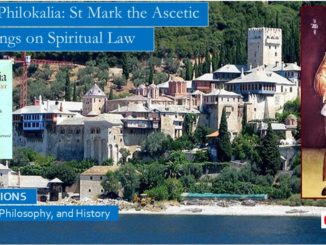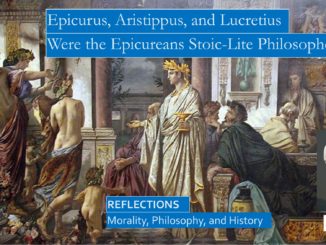
St Mark the Ascetic, No Righteousness By Works
We should always search our heart for upright and humble motives. St Mark the Ascetic warns that “some, without keeping the commandments, think they are keeping the faith, while others, keeping the commandments, expect to receive the kingdom as a reward owed to them. Both are deprived of the kingdom.” Our reward lies in our humble obedience, our salvation is our striving to live a more godly life.
Salvation is not a transaction, salvation is not bartering, salvation is a gift by grace, unearned. St Mark the Ascetic teaches us, “when the Scriptures say, ‘God will reward each person according to his works,’ the Scriptures are not saying that works deserve hell or the kingdom, but rather that works are done out of faith or lack of faith in Him. Christ repays each person not as a businessman fulfilling his contracts but as God, our Creator and Redeemer,” out of love for us, not out of bartered obligations. […]




